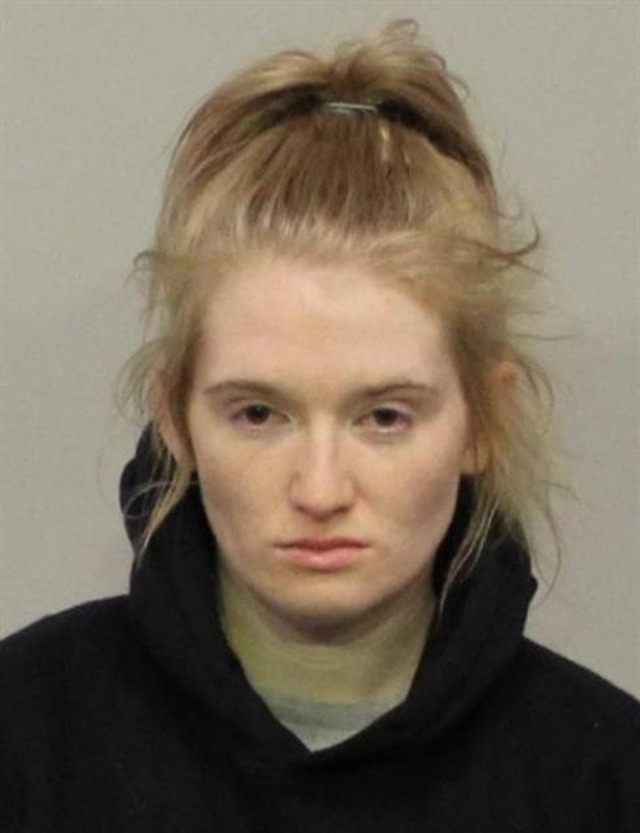The Brimbank Ratepayers and Residents Association is calling for increased accountability and transparency from Brimbank councillors.
The association recently wrote to all councillors with concerns that many aren’t responsive to resident enquiries, don’t reply to emails or phone calls, nor engage via social media platforms.
In a media release, the association said many residents are frustrated about the lack of support from councillors about specific issues, such as the Barro landfill fires, and want councillors to advocate on their behalf to state MPs or attend community forums.
“There is a belief amongst the community that only a handful of special interest groups are being heard at present, whilst most residents have no voice,” the release stated.
The group also questioned the allocation of only 30 minutes for question time at council meetings.
The group said it had looked at how other councils interact with residents and run council meetings and believe Brimbank can do a better job.
The group wants the council to look at either monthly public forums or ward forums, where councillors attend and engage with the community in a more casual format allowing community members to express concerns and ask questions.
BRRA president Irene Stokes believes that the municipality, which is one of the largest in Melbourne, should be a leader and the group wanted to work with the council.
Brimbank council advocacy partnerships and community director Dan Hogan said the pandemic had limited their ability to consult in person.
“Council is engaging regularly with the community through COVID-safe channels such as online forums, forms and quick polls on its dedicated ‘Your Say’ website, as well as face to face workshops (when restrictions allowed) and through receiving written feedback from the community,“ he said.
“Once it is safe to do so, council also looks forward to introducing more ways for community members to meet and chat to their councillors.
“Community members can also contact council with requests or ideas, through phone, email or letter.”
Mr Hogan said the question time was limited to two questions per person to share it around and that it was limited in time due to having to deal with other matters at the meeting.

















